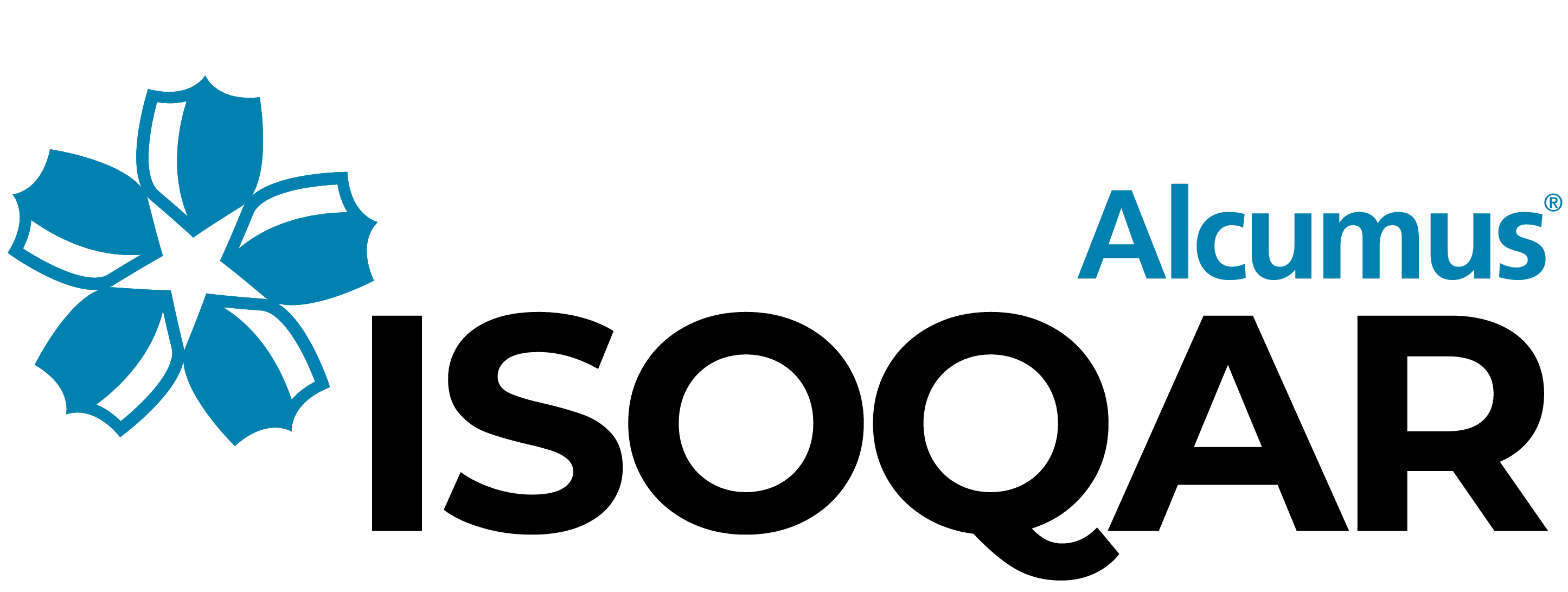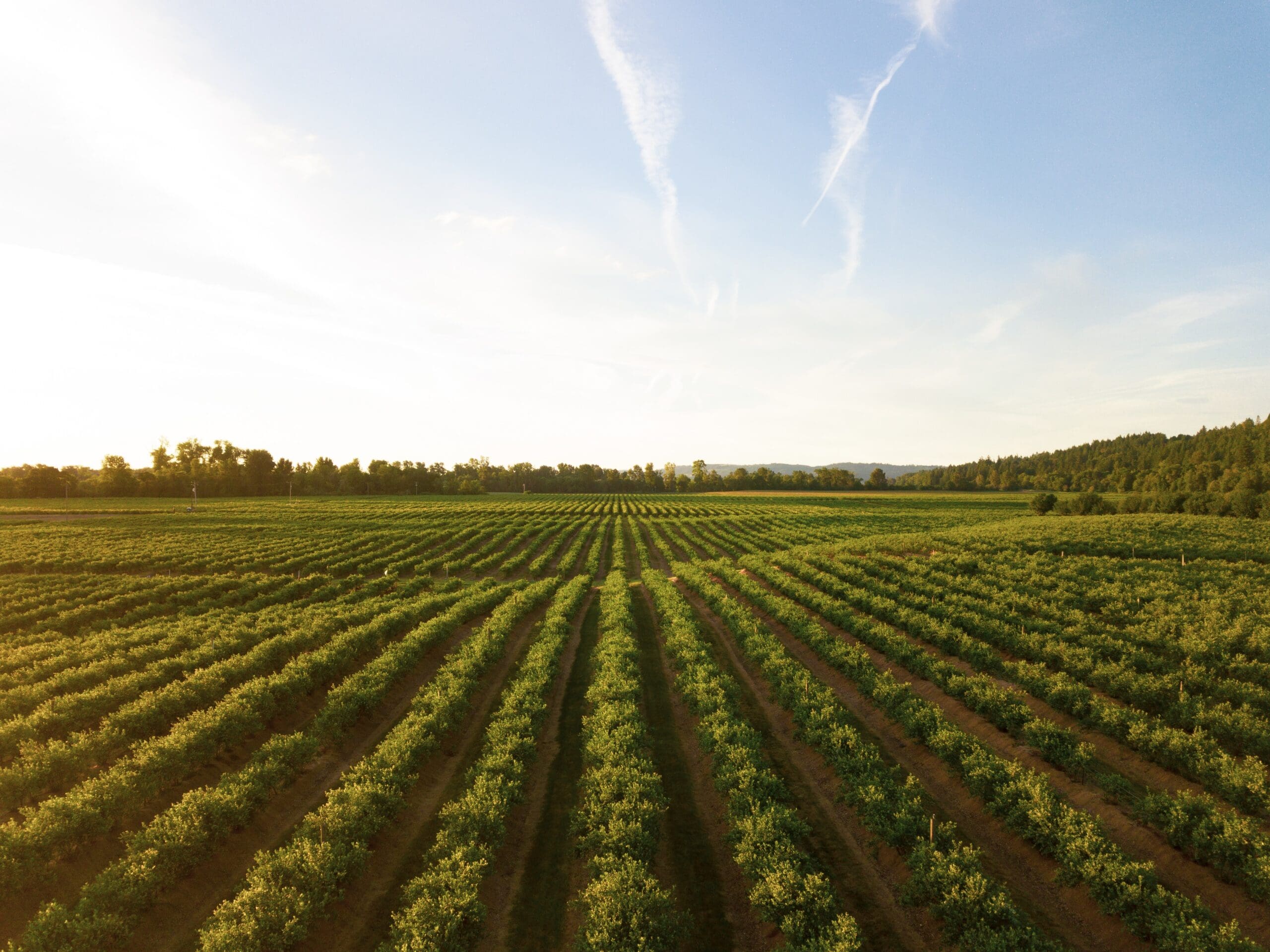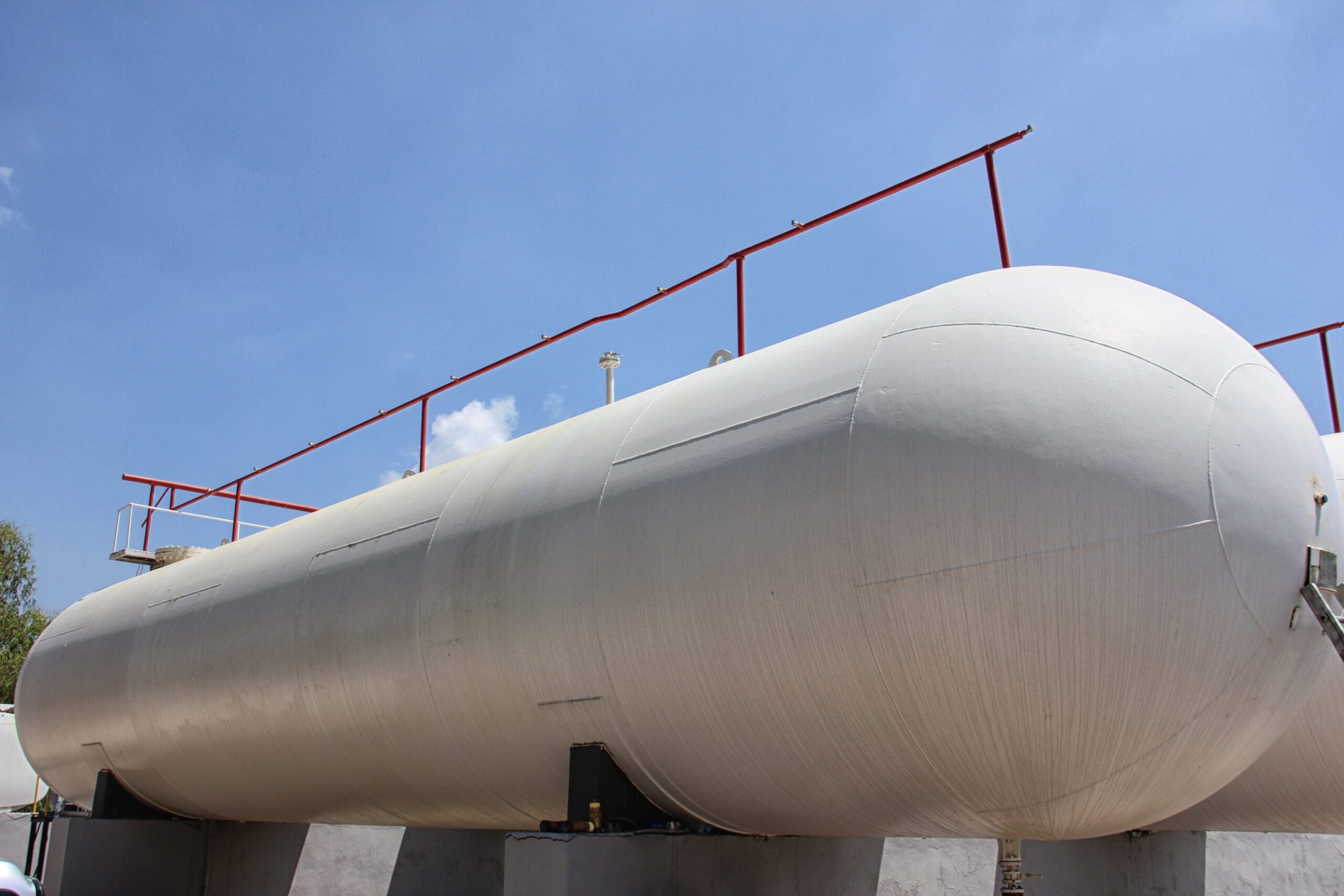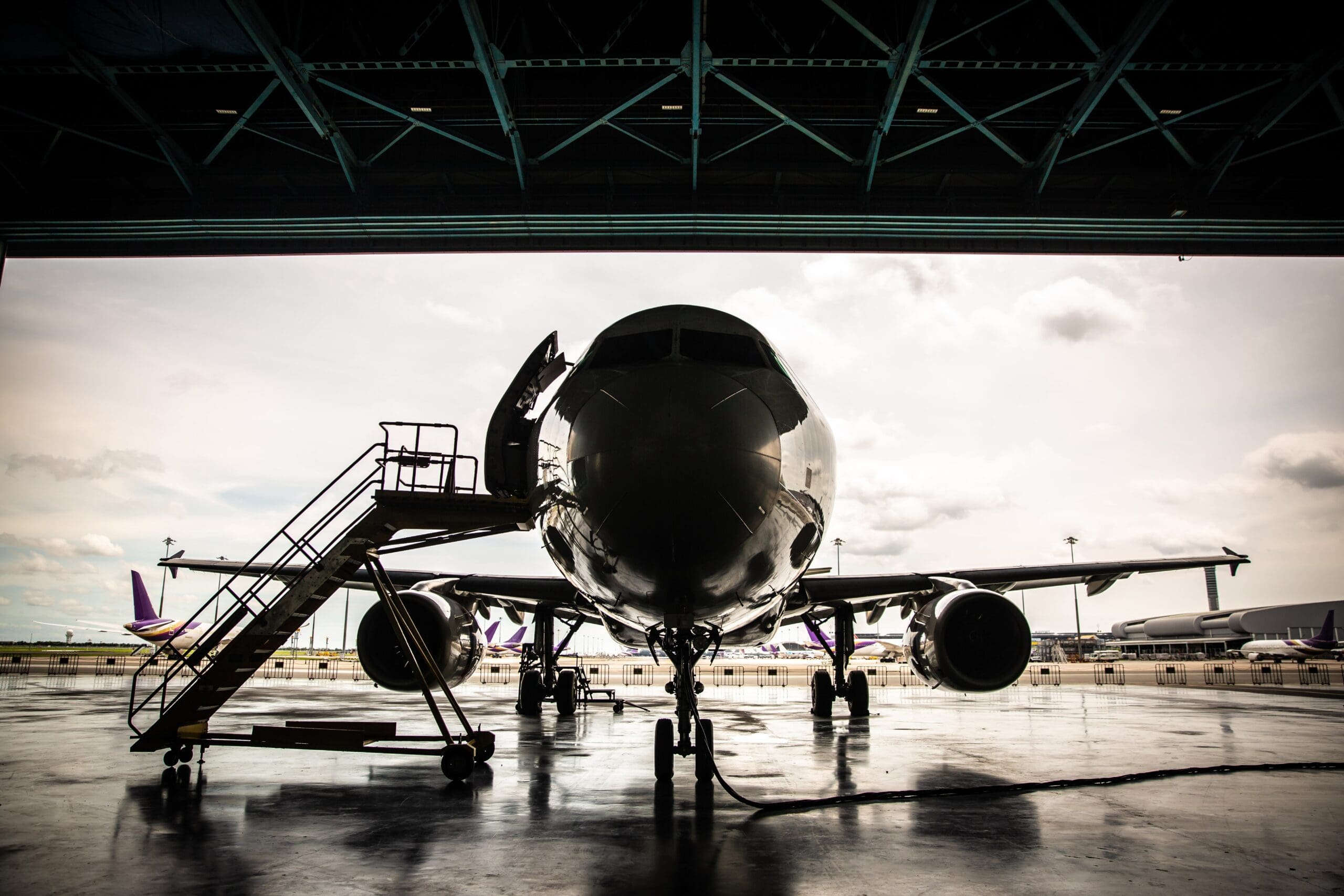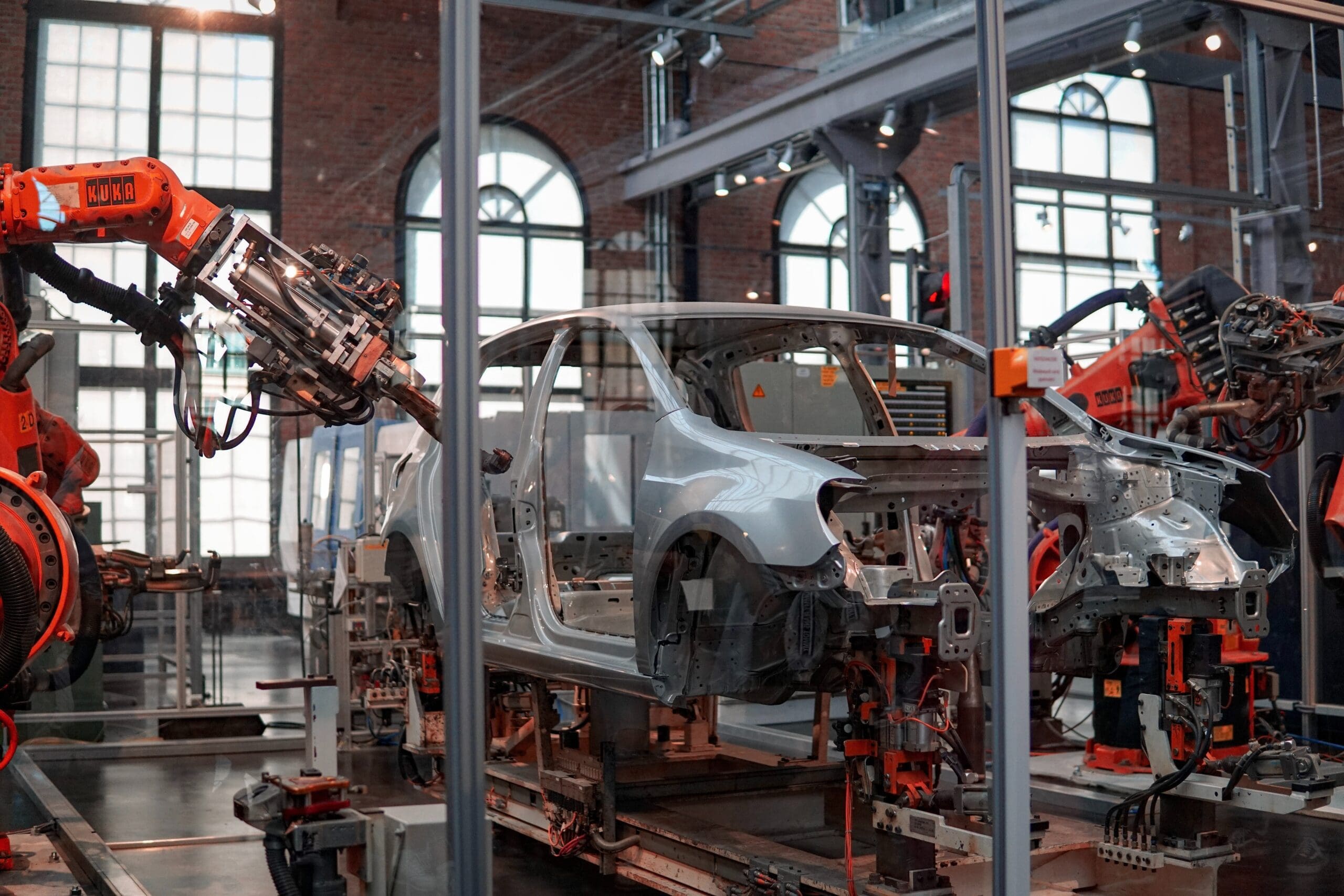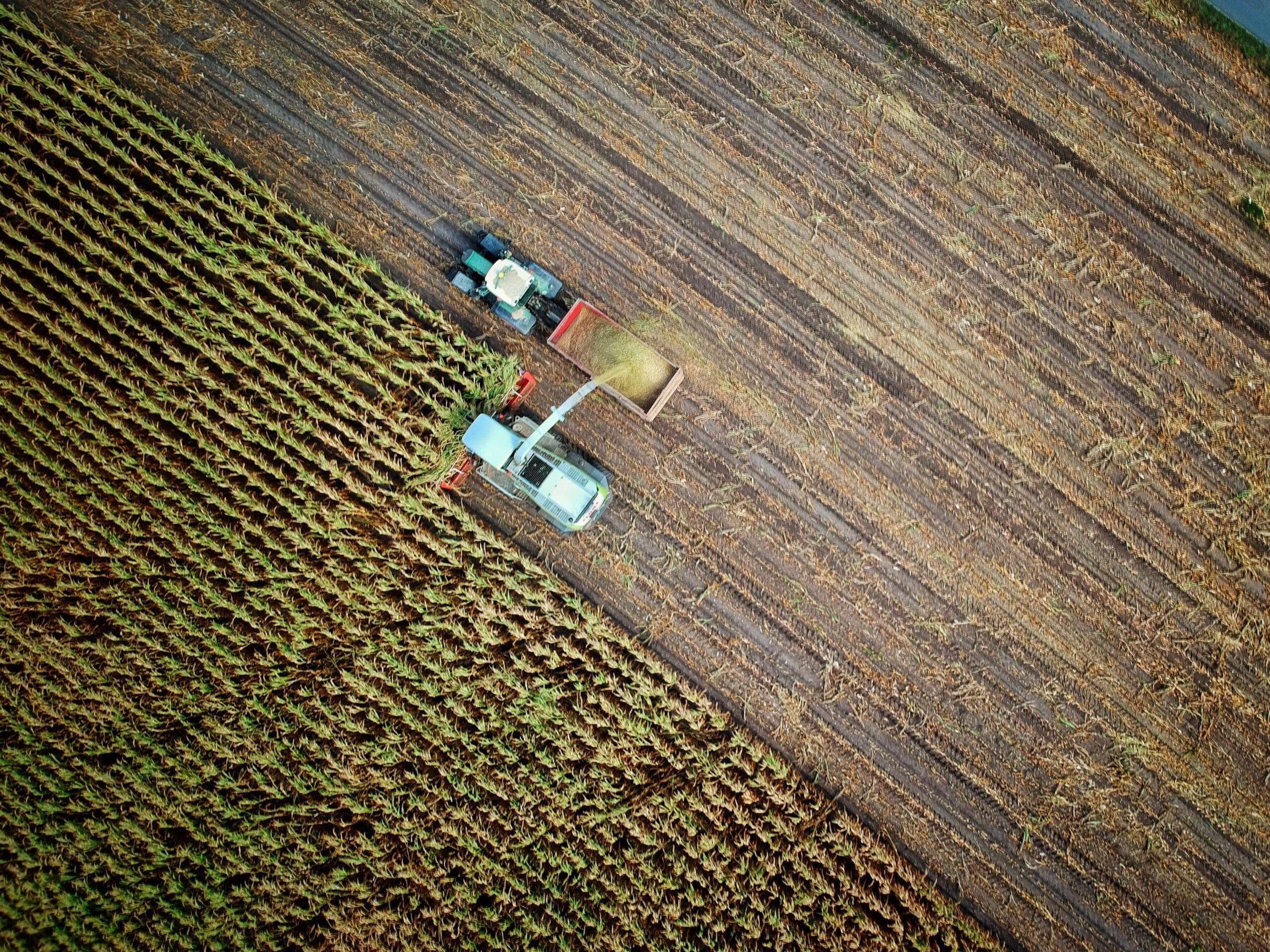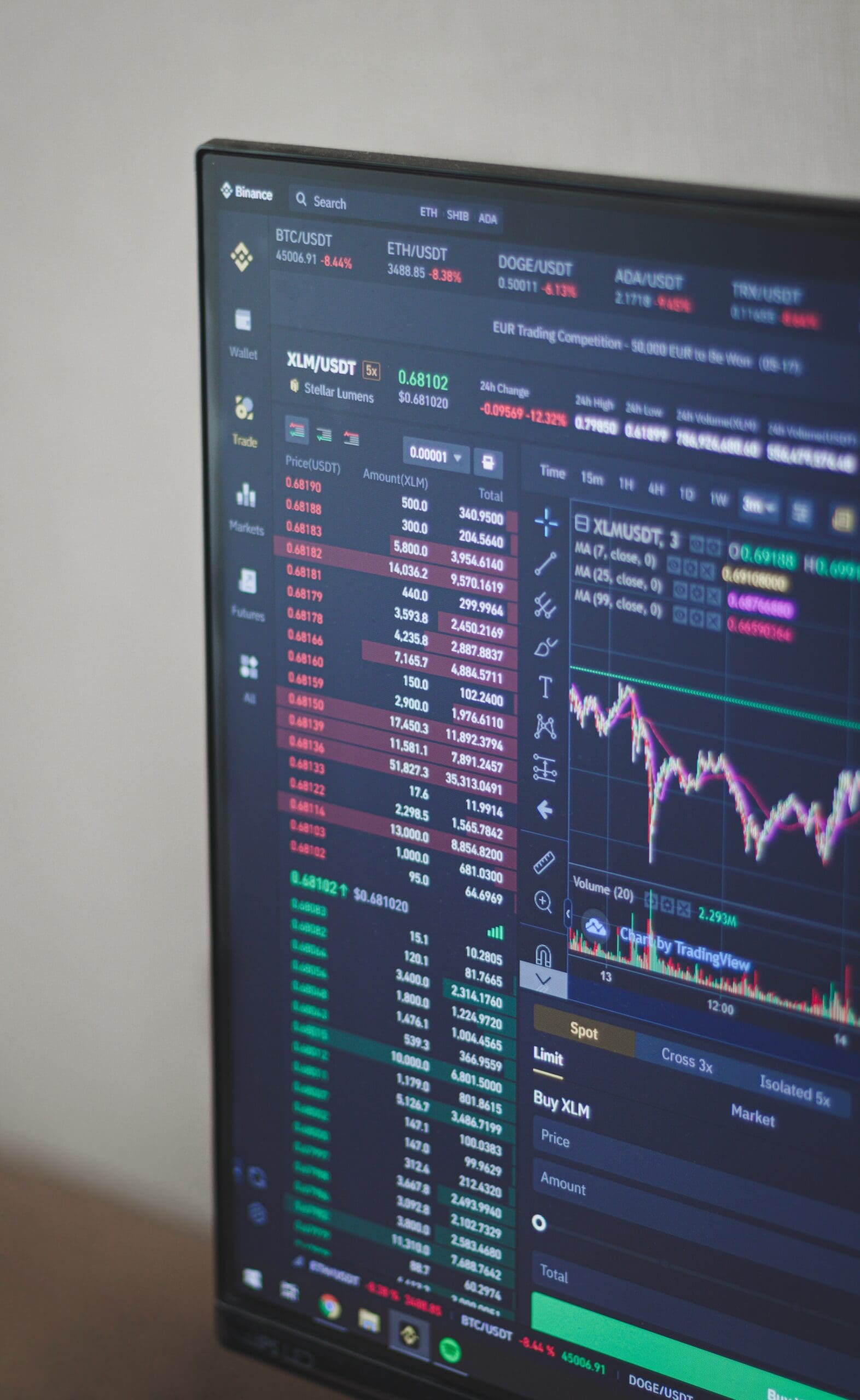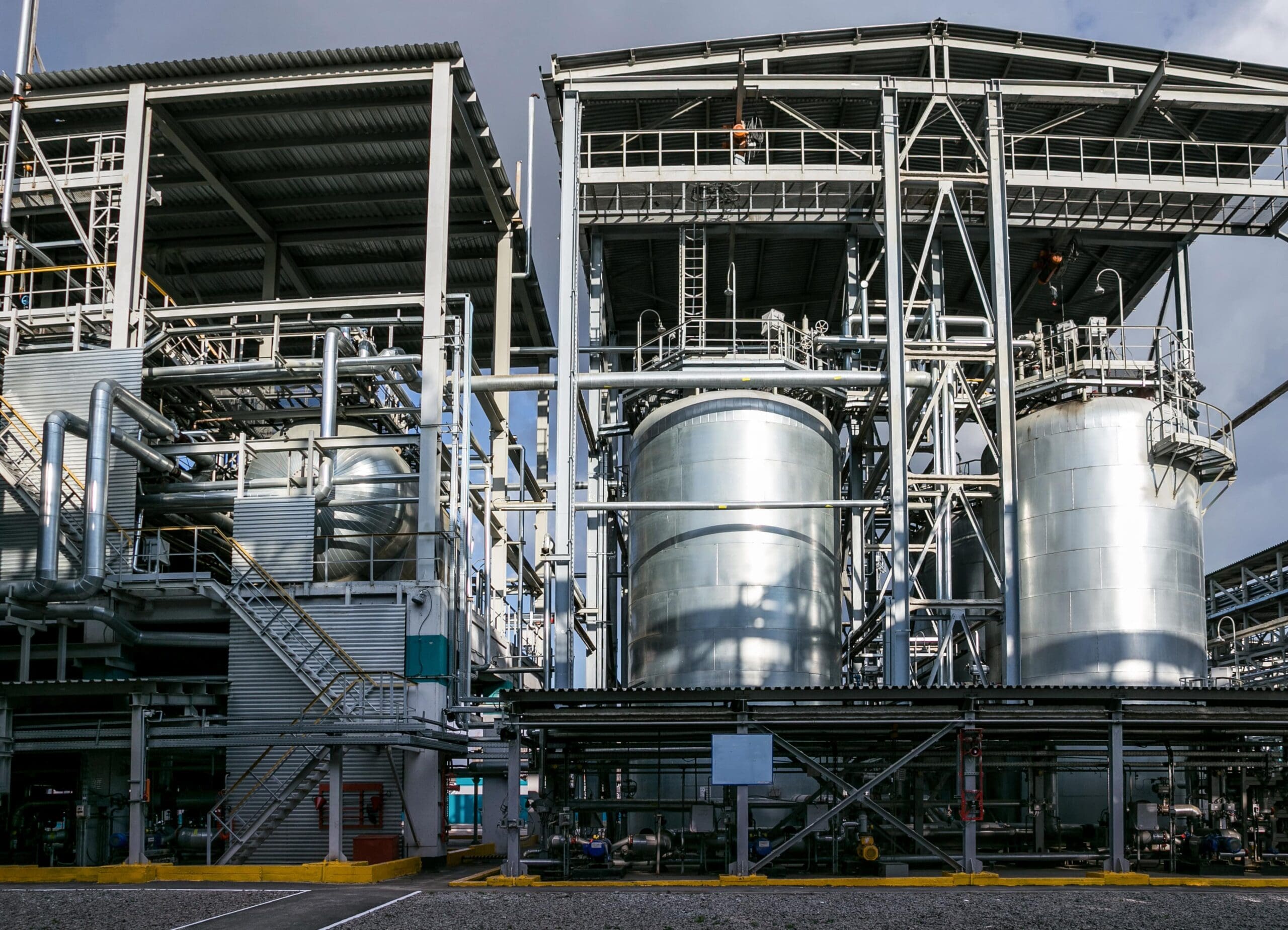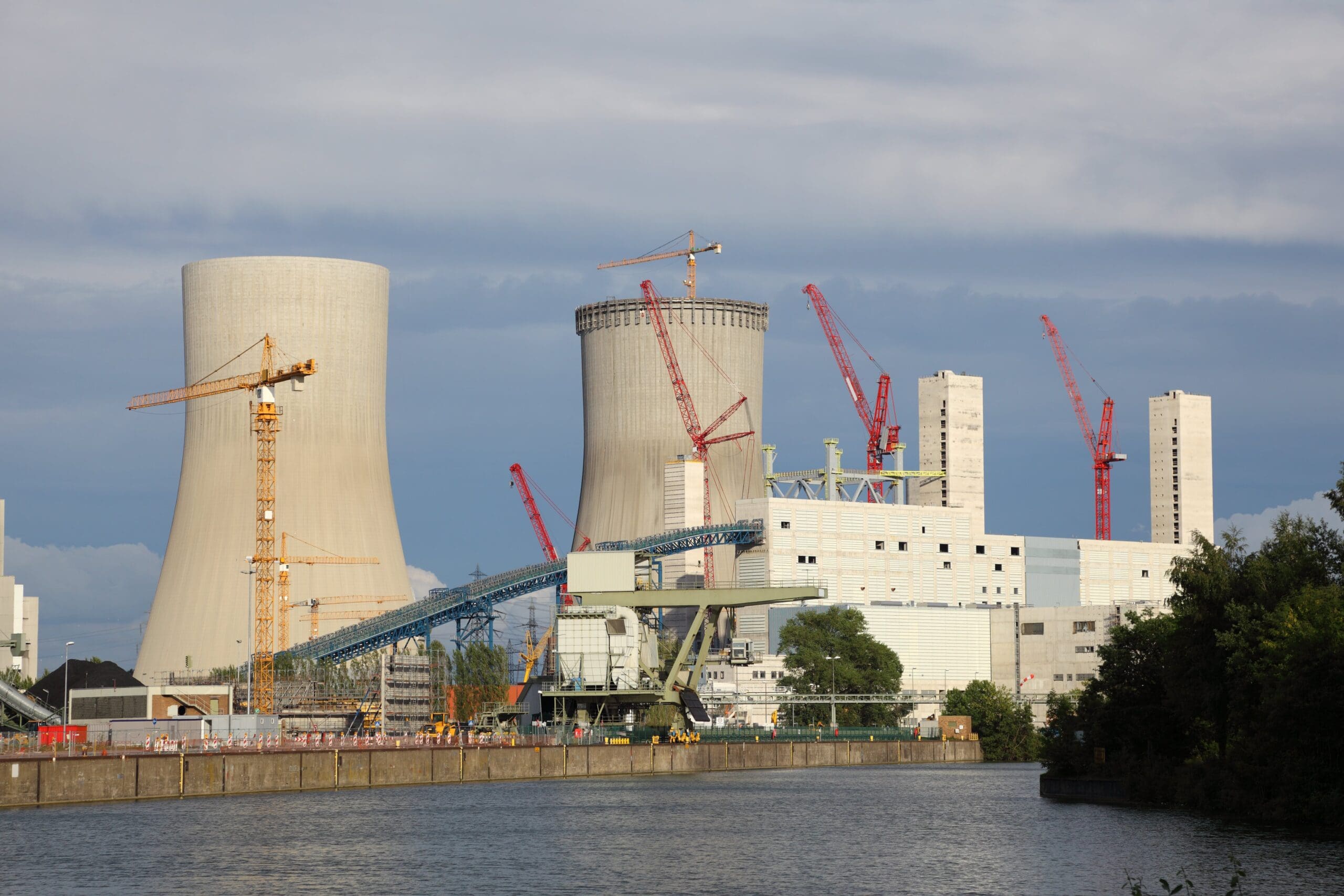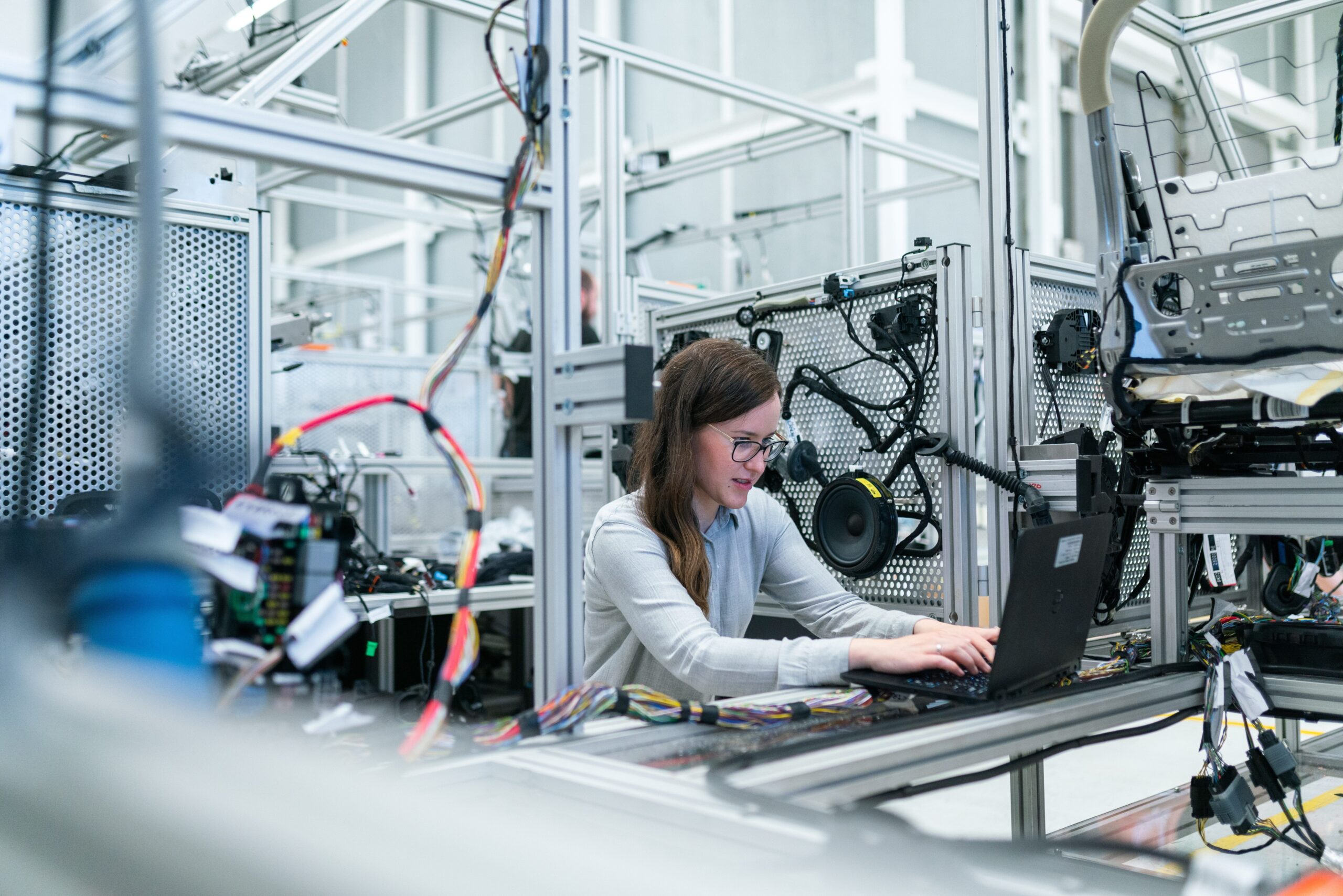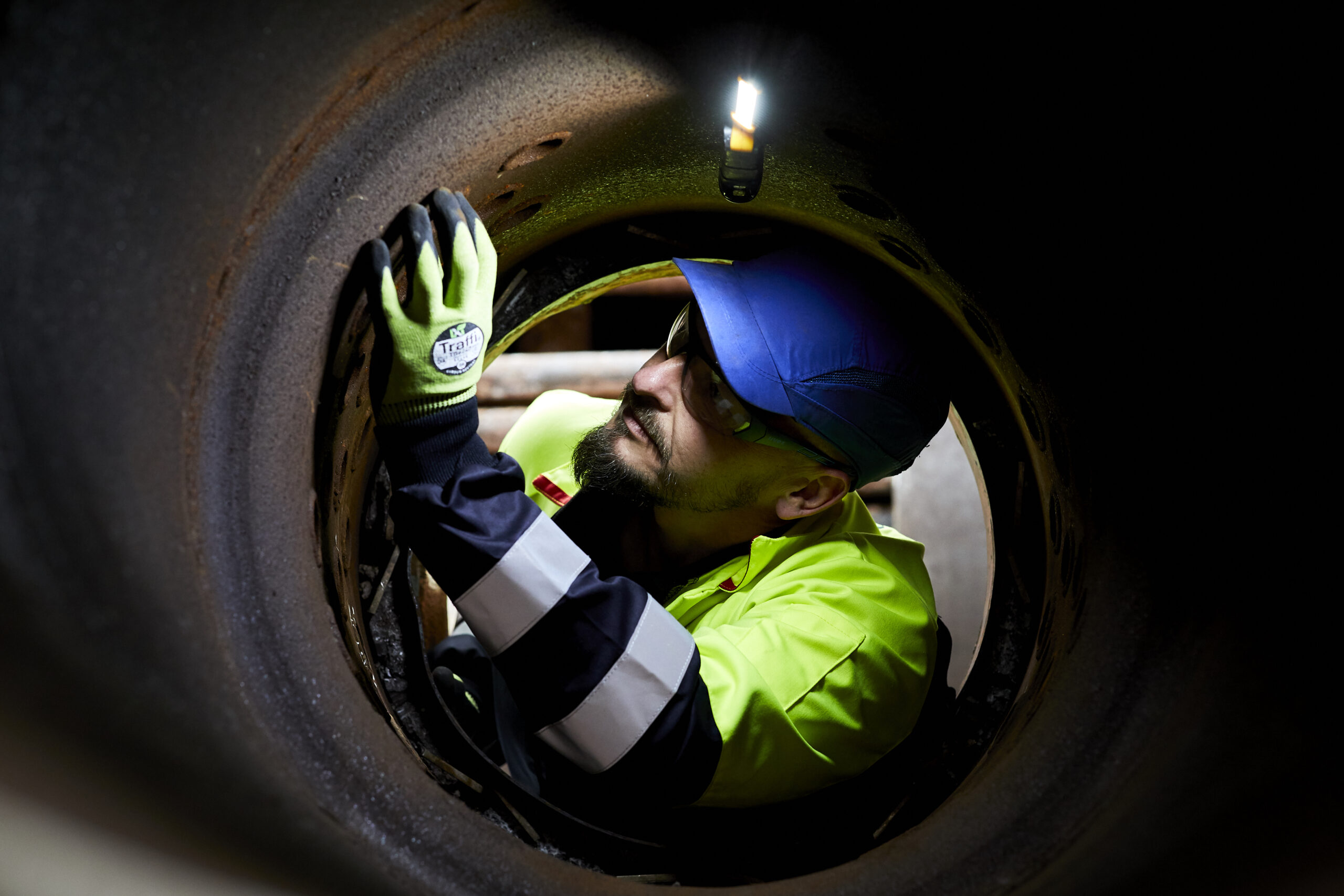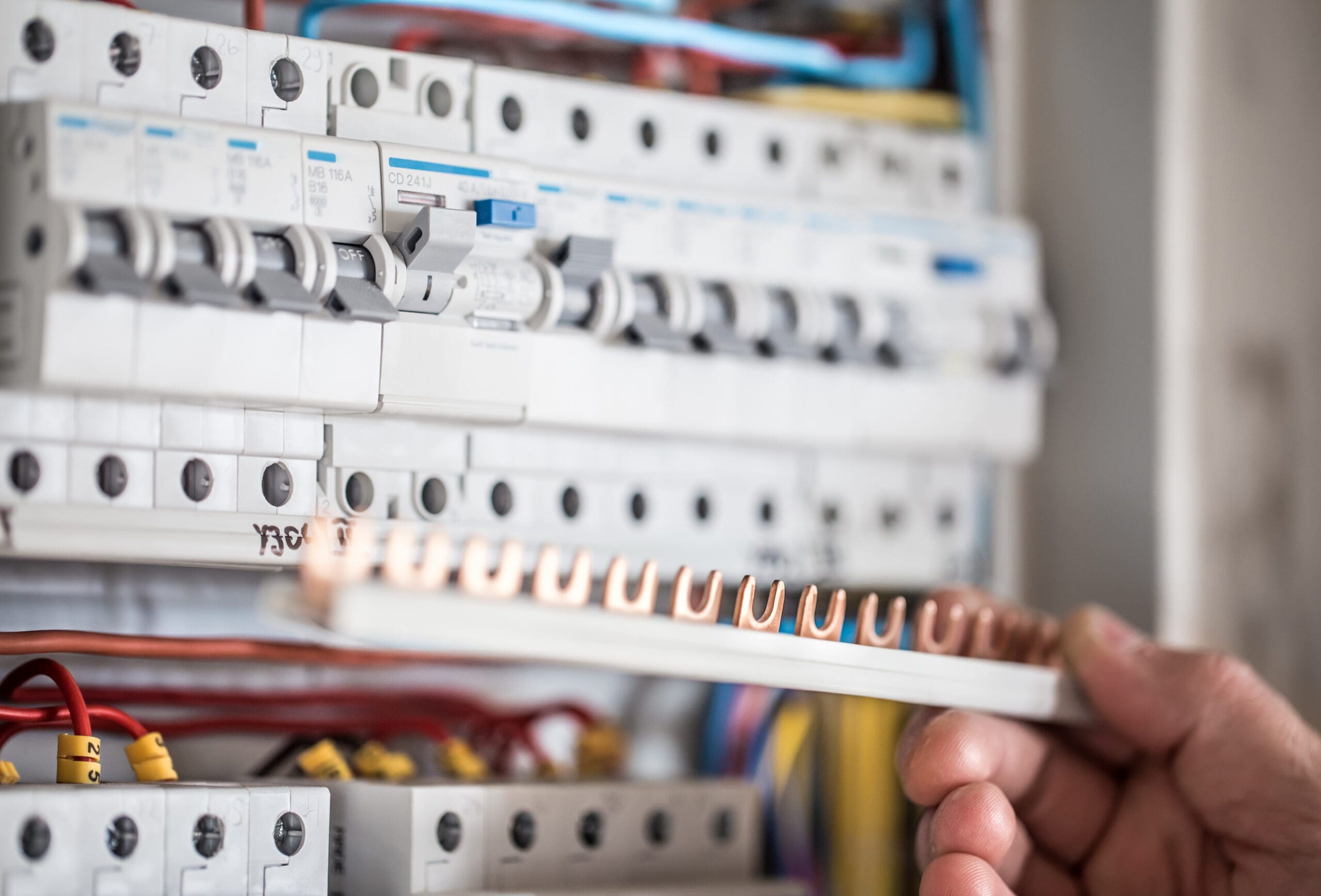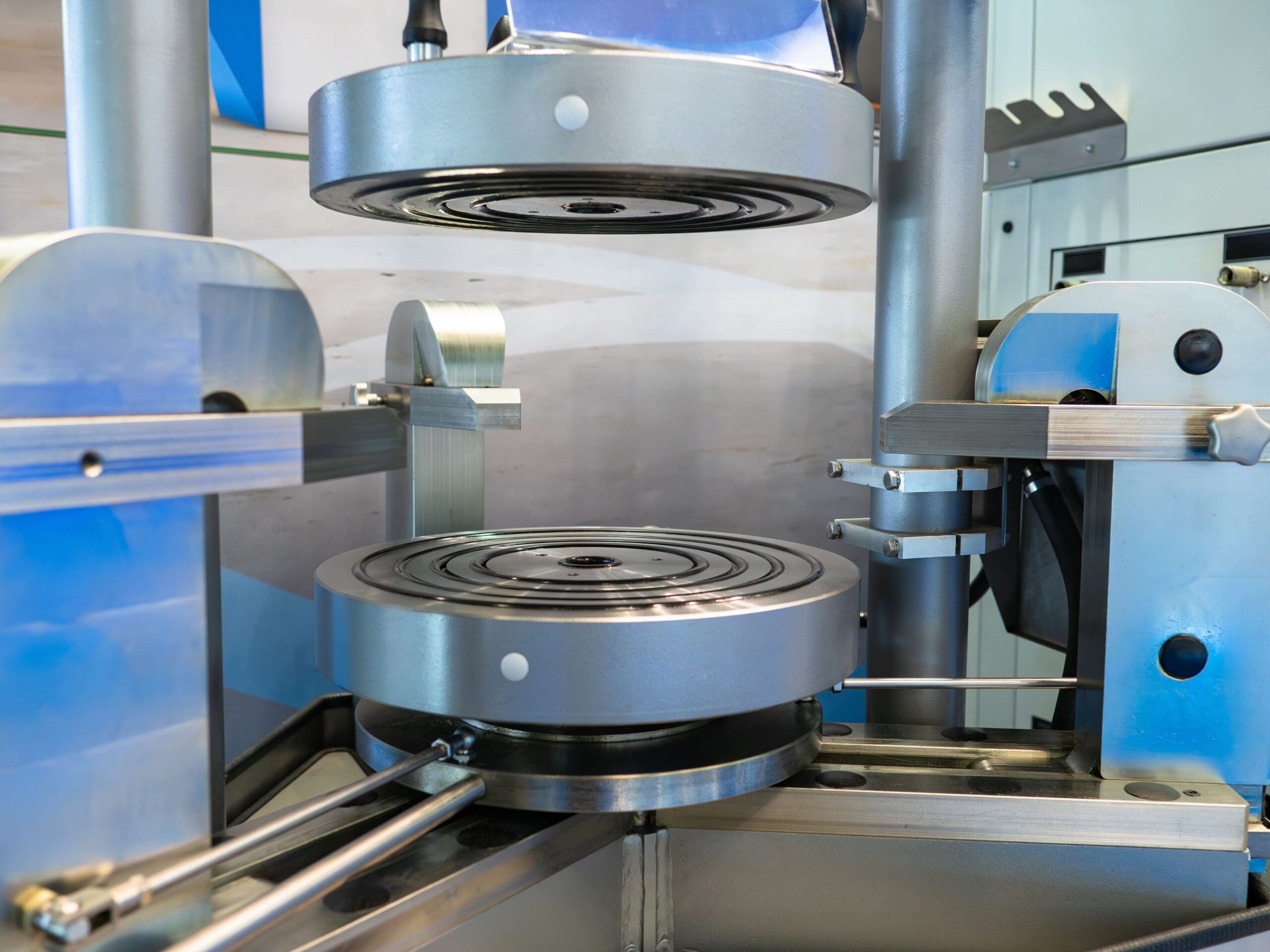Statutory Inspections
LOLER Inspection Services
Keep your workspace safe and compliant with LOLER Inspections. LOLER stands for Lifting Operations and Lifting Equipment Regulations 1998.
Explore how we work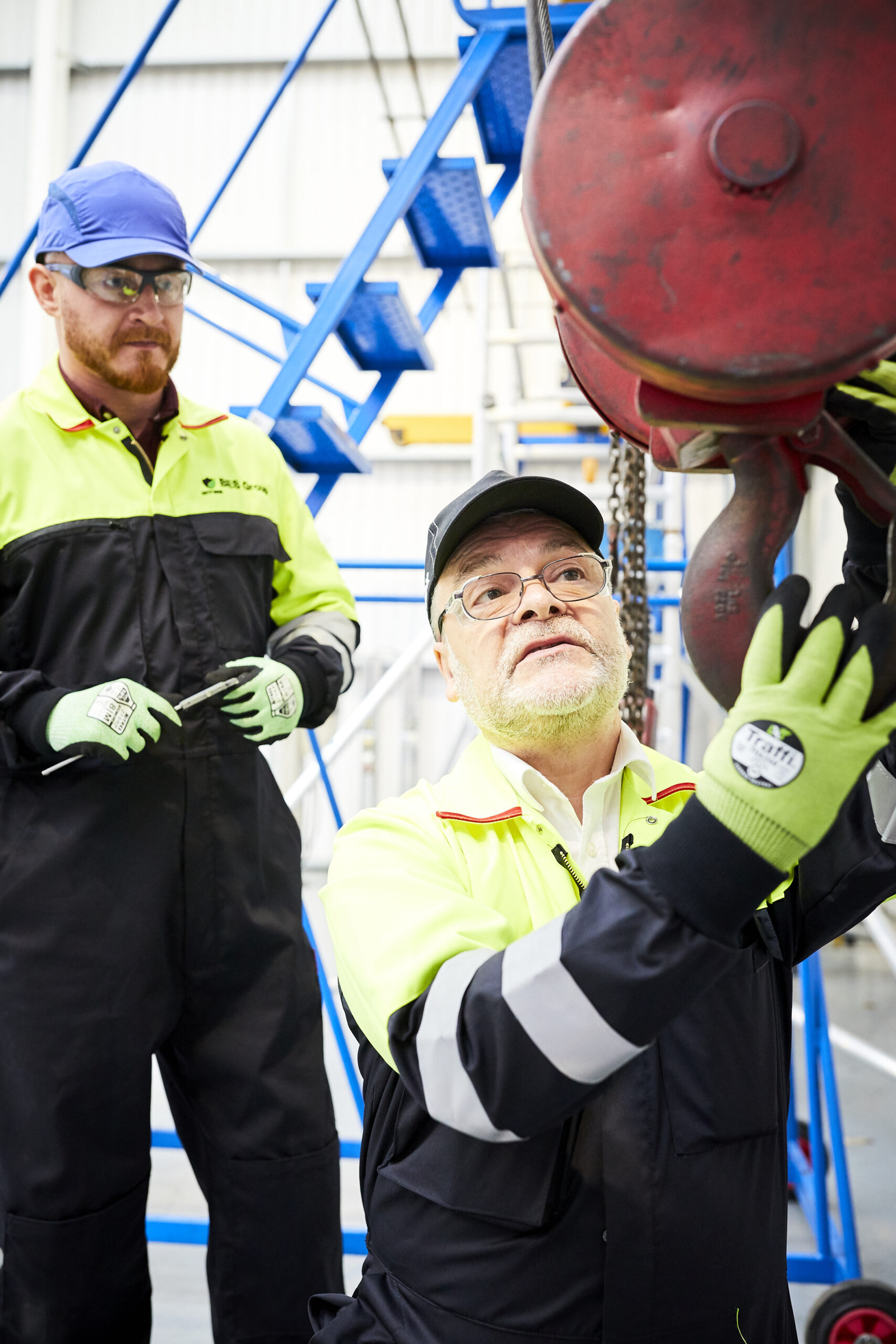
Interested? Let’s talk.
Send us an enquiry
What is a LOLER inspection?
A LOLER Inspection ensures your lifting equipment is safe and compliant. The Lifting Operations and Lifting Equipment Regulations 1998 Act (LOLER) govern these inspections. Ultimately, they are a vital legal requirement for any individual or company that owns, operates, or controls lifting equipment.
However, LOLER Inspections are more than just a legal obligation. They’re designed to ensure workplace safety, by preventing the occurrence of accidents, injuries, and equipment failures. The overall purpose of a LOLER Inspection is to help identify and mitigate potential risks before they result in a dangerous accident.
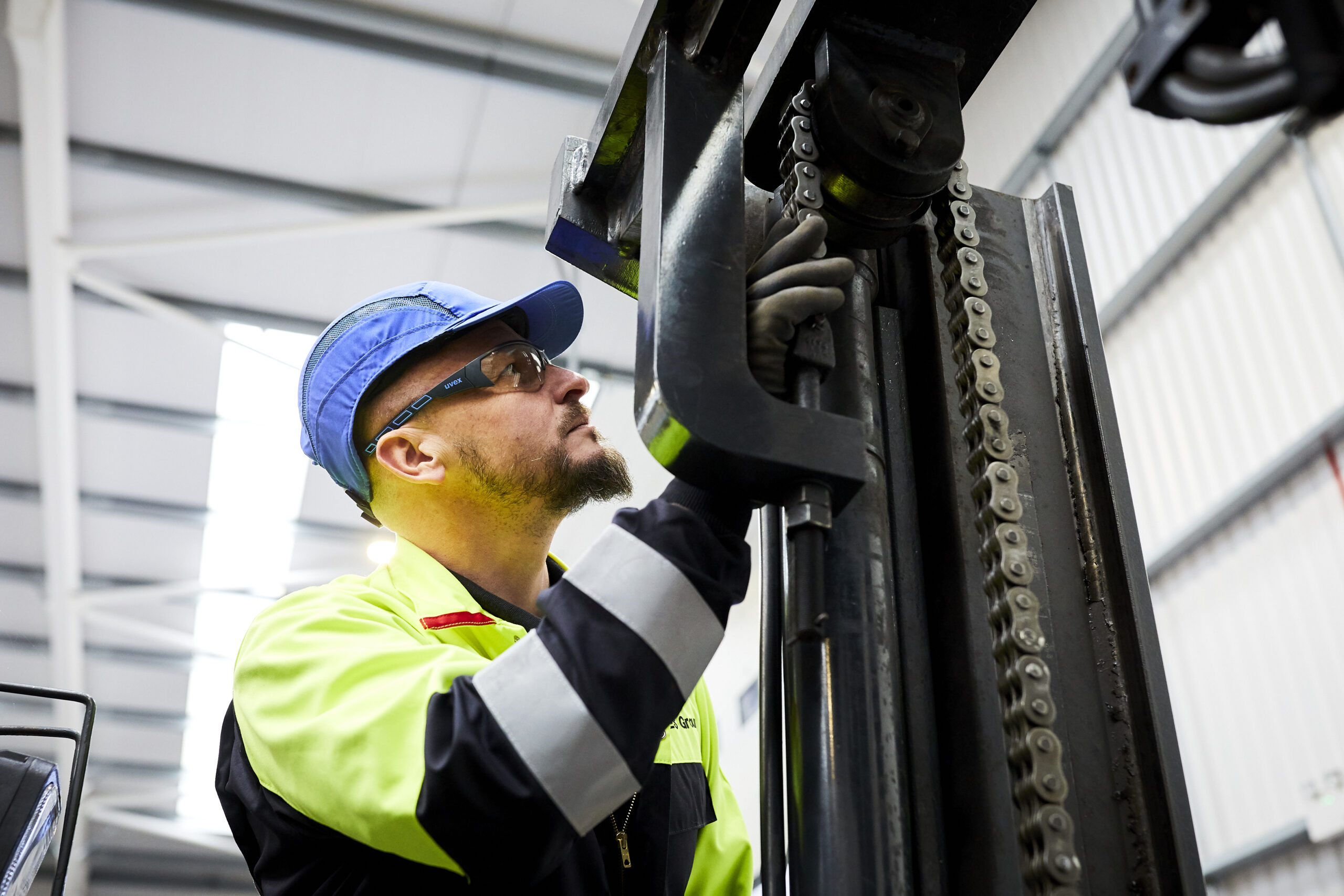
Who we’ve partnered with...

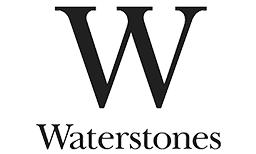



Key benefits of LOLER Inspection Services
Increase safety
Our LOLER Inspections can help identify and correct potential hazards, helping prevent accidents at your workspace.
Reduce downtime
Our Lifting Inspections can support to reduce downtime, by identifying and correcting potential problems before they cause a failure.
Reduce costs
By identifying smaller issues before they gradually worsen, reducing likelihood of larger-scale failures that will cost significantly more to replace.
Boost productivity
LOLER Inspections can help increase productivity by ensuring that lifting equipment operates safely and efficiently.
Let's talk
Send one of the team a message
Not seeing what you expected?
Try using our search
Explore what our clients say


What equipment is covered in a LOLER inspection?
Under LOLER regulation, workplace lifting equipment is checked thoroughly. This includes, but is not limited to: cranes, lifts, forklift trucks, mobile elevating work platforms (MEWPs), and chains. Accessories such as slings and hooks also require lifting equipment inspection. These rules are in place to keep workplaces safe and ensure equipment works efficiently.
Keep your people safe by abiding to LOLER Regulation compliance.
LOLER Regulations were created to keep people safe while using lifting equipment. This legislation makes it a legal obligation for individuals and companies that own or use lifting equipment, to protect people. They set out specific requirements for how lifting equipment should be designed, built, used, and maintained. Following LOLER regulations is essential to protecting workers from potential dangers, in the event of equipment breaking or malfunctioning.
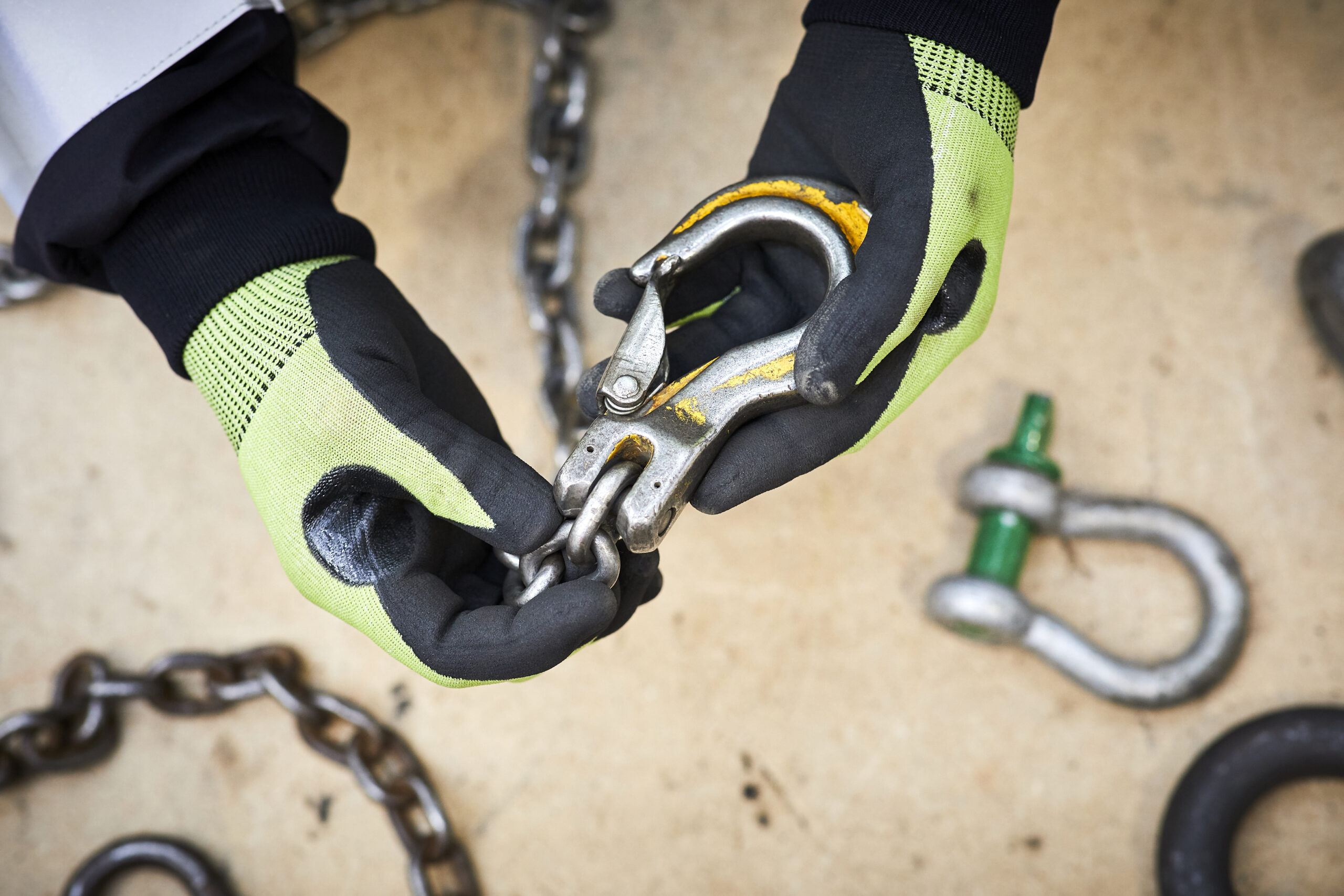


Our process
Speak to us about the processLet’s talk. Ask us anything.
Send one of the team a message
Why choose BES Group for your LOLER Inspection?
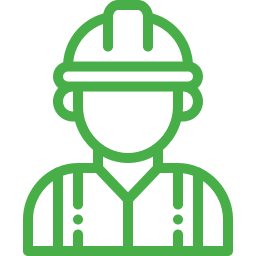
Increase safety
Our LOLER inspections can help identify and correct potential hazards, helping prevent accidents at your workspace.
Reduce downtime
Our lifting inspections can support to reduce downtime, by identifying and correcting potential problems before they cause a failure.

Reduce costs
By identifying smaller issues before they gradually worsen, reducing likelihood of larger-scale failures that will cost significantly more to replace.

An end-to-end solution
Servicing the full life cycle, from concept through to decommission.
Boost productivity
LOLER inspections can help increase productivity by ensuring that lifting equipment operates safely and efficiently.
Training centre & academies
Our very own internal training academies, ensures high standard.
Frequently asked questions
Where does LOLER apply?
LOLER rules apply to all workplaces covered by the Health and Safety at Work Act 1974 (HSW Act). This also includes offshore areas and activities. Ships in UK waters must also follow MCA-LOLER guidelines. LOLER covers various lifting equipment used in workplaces, such as cranes, forklift trucks, lifts, hoists, and accessories like chains and slings.
How often should LOLER testing be done?
LOLER inspections are typically conducted every 6 to 12 months, depending on the type of equipment, accessory, and frequency of usage:
- Every six months for lifting equipment and accessories used to lift people.
- Every six months for all lifting accessories.
- Every 12 months for all other lifting equipment. If there are unique situations like damage, long periods of non-use, or significant changes to critical parts, inspect the equipment immediately to ensure it’s still safe to use.
Who can conduct a LOLER inspection?
In line with regulation, an individual who conducts a LOLER inspection is required to be a competent person. This means they need to have necessary knowledge and experience to detect defects or weaknesses and assess their importance for the safety of lifting equipment.
This means that only people with the right expertise should inspect lifting equipment. At BES Group, our specialist engineer surveyors are skilled professionals, that can inspect and ensure your lifting equipment meets safety standards and operates appropriately. Our accredited service and expertise can help keep your machinery compliant and your workers safe.
Who can conduct a LOLER inspection?
In line with regulation, an individual who conducts a LOLER inspection is required to be a competent person. This means they need to have necessary knowledge and experience to detect defects or weaknesses and assess their importance for the safety of lifting equipment.
This means that only people with the right expertise should inspect lifting equipment. At BES Group, our specialist engineer surveyors are skilled professionals, that can inspect and ensure your lifting equipment meets safety standards and operates appropriately. Our accredited service and expertise can help keep your machinery compliant and your workers safe.
How many types of inspections are needed for lifting equipment?
Thorough examinations of lifting equipment are essential for safety. During the inspection process, an examiner will check for wear and tear to ensure the machine functions correctly.
Measurements are taken, and load tests are conducted to meet industry standards and prevent overloading. Neglecting inspections can lead to severe consequences, so keeping your equipment safe for everyday use is crucial.
Our expert engineer surveyors are here to ensure your machinery operates safely and with minimal disruption to your business.
What types of equipment does LOLER apply to?
LOLER inspections cover a wide range of lifting equipment used in workplaces. This includes:
- Cranes – mobile, tower, and overhead cranes.
- Forklifts – industrial trucks for lifting and moving loads.
- Hoists – electric and manual lifting devices.
- Elevators and lifts – passenger and goods lifts.
- Lifting platforms – access platforms, cherry pickers, and scissor lifts.
- Winches – power-driven winches for lifting and pulling.
- Vehicle-mounted lifting equipment – mechanisms like cranes on vehicles.
- Lifting attachments – beams and bars for moving loads.
- Stacking equipment – trucks for stacking and lifting, such as stacker and pallet trucks.
Who is responsible for LOLER inspections?
LOLER inspections are the responsibility of the person or company that owns, operates, or controls lifting equipment. They ensure the equipment is compliant and safe to use.
What are the different levels of a LOLER inspection?
LOLER inspections have different levels, depending on the equipment and its purpose. The different types of levels include visual checks, functional tests, and thorough examinations by competent persons. A competent person is someone who has the necessary knowledge, skills, and experience to carry out the inspections safely and effectively.
What is a lifting operation?
A lifting operation involves raising, lowering, or moving loads using cranes, forklifts, or hoists. Any lifting operation must abide to LOLER inspection standards, so that they can be carried out safely as a preventative measure.
What is lifting equipment?
Lifting equipment can vary. It includes everything from machines and tools for lifting, lowering, or moving workplace loads. For example, this covers equipment such as cranes, forklift trucks, hoists, and lifting accessories like chains and slings.
Sectors we service
Dive into the diverse landscapes where BES Group sparks innovation and drives impact.


Let’s talk. Ask us anything.
Send one of the team a message
Insights & news
Browse our latest articles
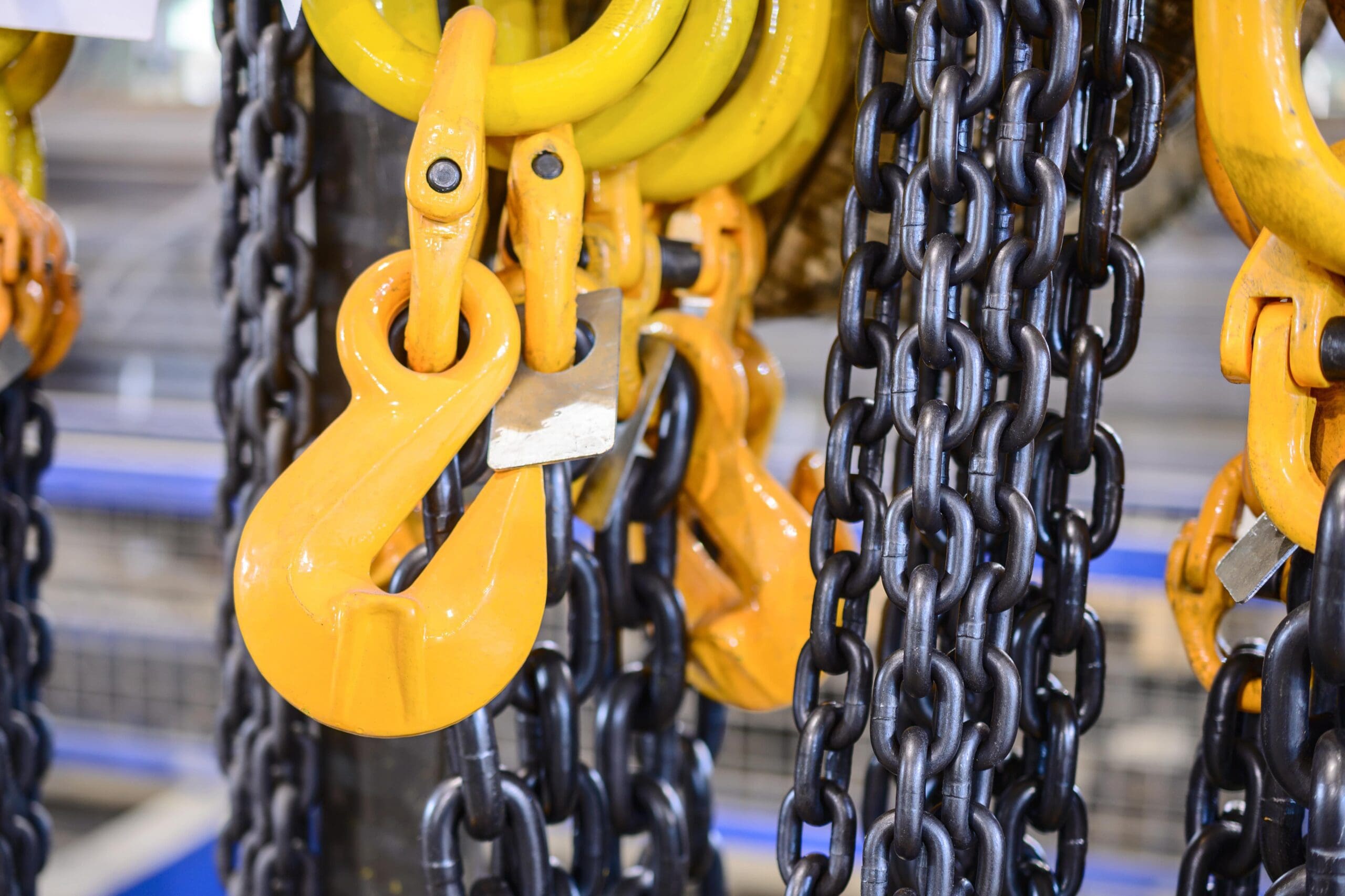
BES Group expands into Europe with ECH Groep acquisition
Acquisitions BES Group News Inspection
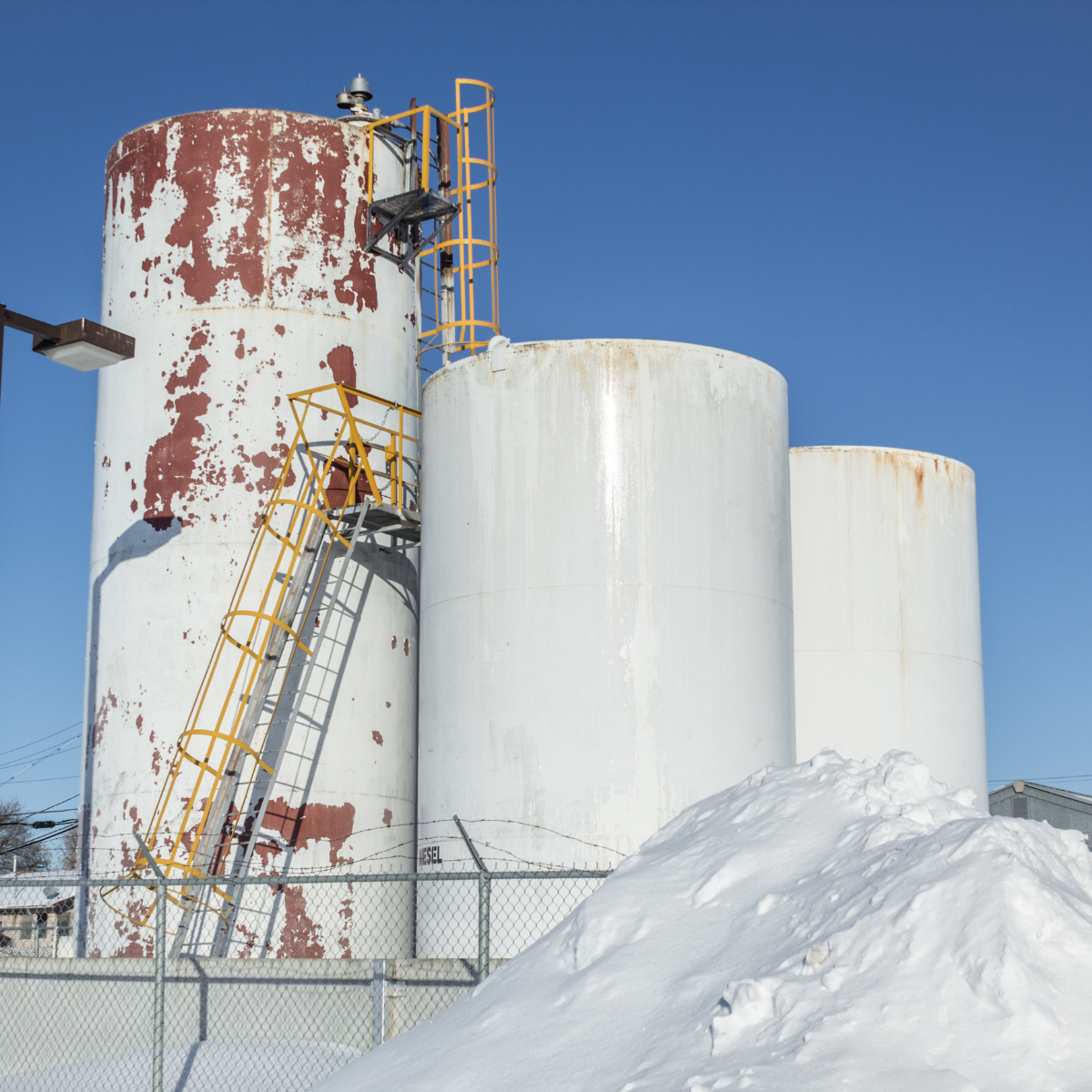
Ensure Your Assets Are Winter-Ready with Pre-Winter and Post-Winter Storage Tank Inspections
Inspection
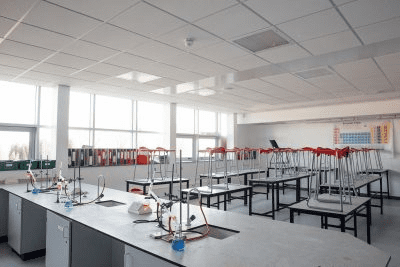
School Shutdowns: A Comprehensive Guide on Electrical Equipment Maintenance
Electrical Inspection
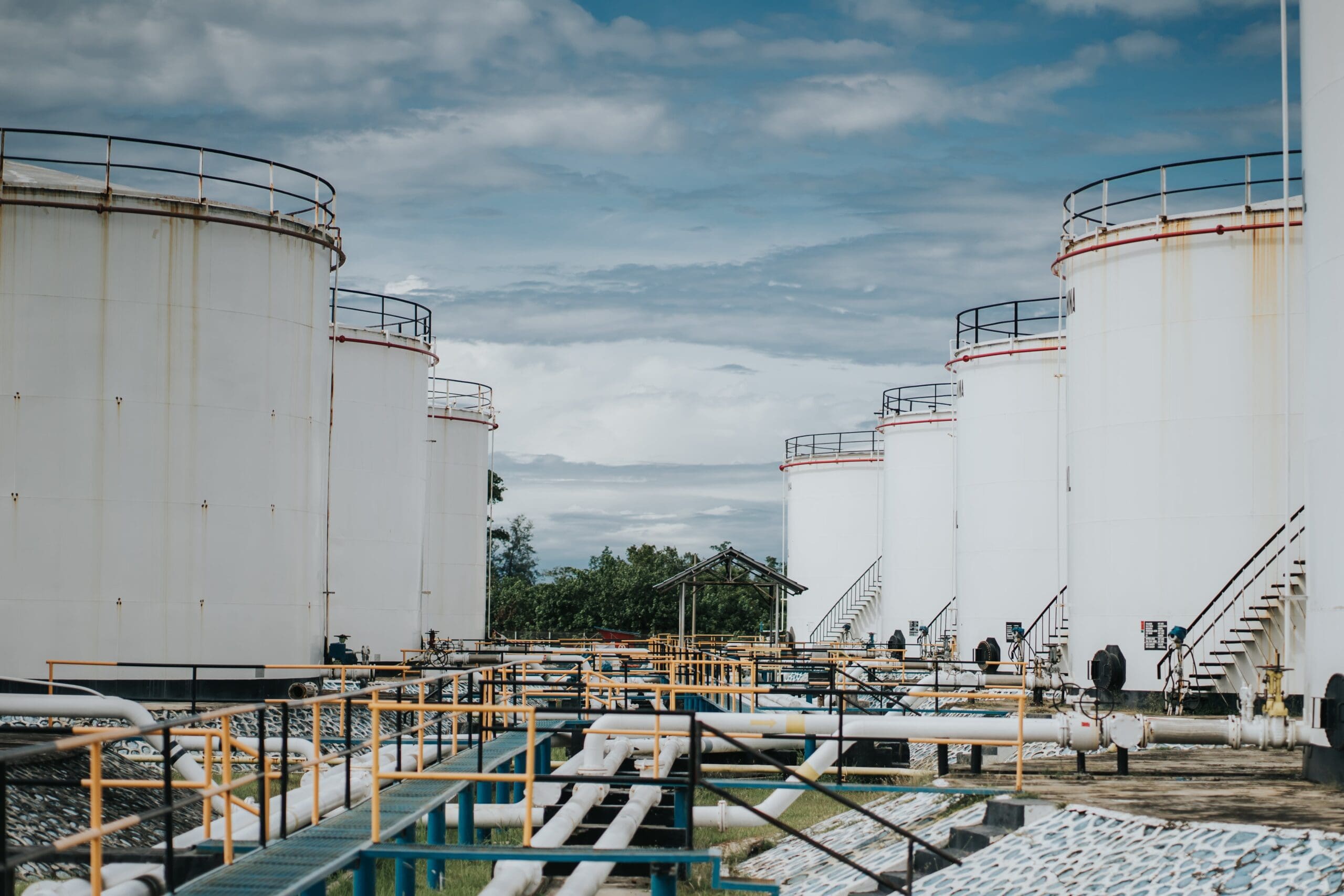
Storage Tank Inspections: Your Commonly Asked Questions
Inspection
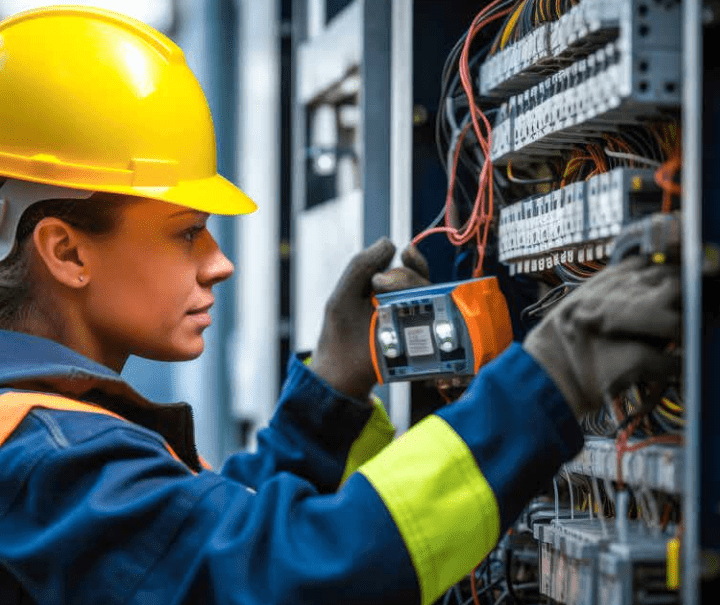
Factory Shutdowns: How to Manage Your Maintenance Operations Efficiently
Asset Reliability Electrical Inspection Testing
Let’s get you to the right person, fast.
Thank you, enquiry submitted!
Please check your inbox. We have sent you an email receipt of your enquiry.
We treat every enquiry with the upmost urgency. We’ll aim to get in touch with the relevant BES Group specialist and get back to you as soon as possible*.
Thank you again and have a great day.
* Schedule dependant, this will usually be within a few hours of your enquiry.
Other similar services...
Looking for something else? Explore similar services...
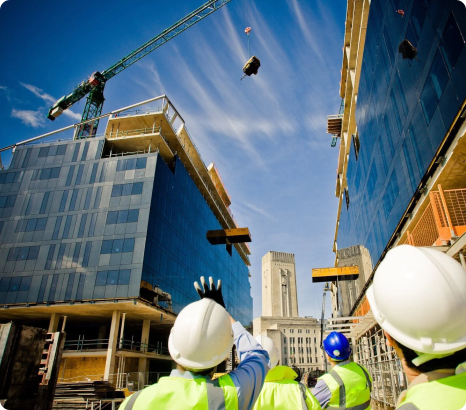 About BES Group
About BES Group Accreditations & Credentials
Accreditations & Credentials Our Environmental, Social & Governance
Our Environmental, Social & Governance Careers at BES Group
Careers at BES Group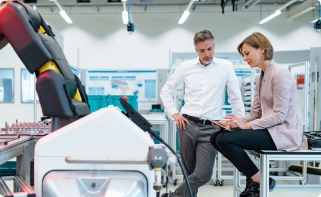 Our Senior Leadership Team
Our Senior Leadership Team
